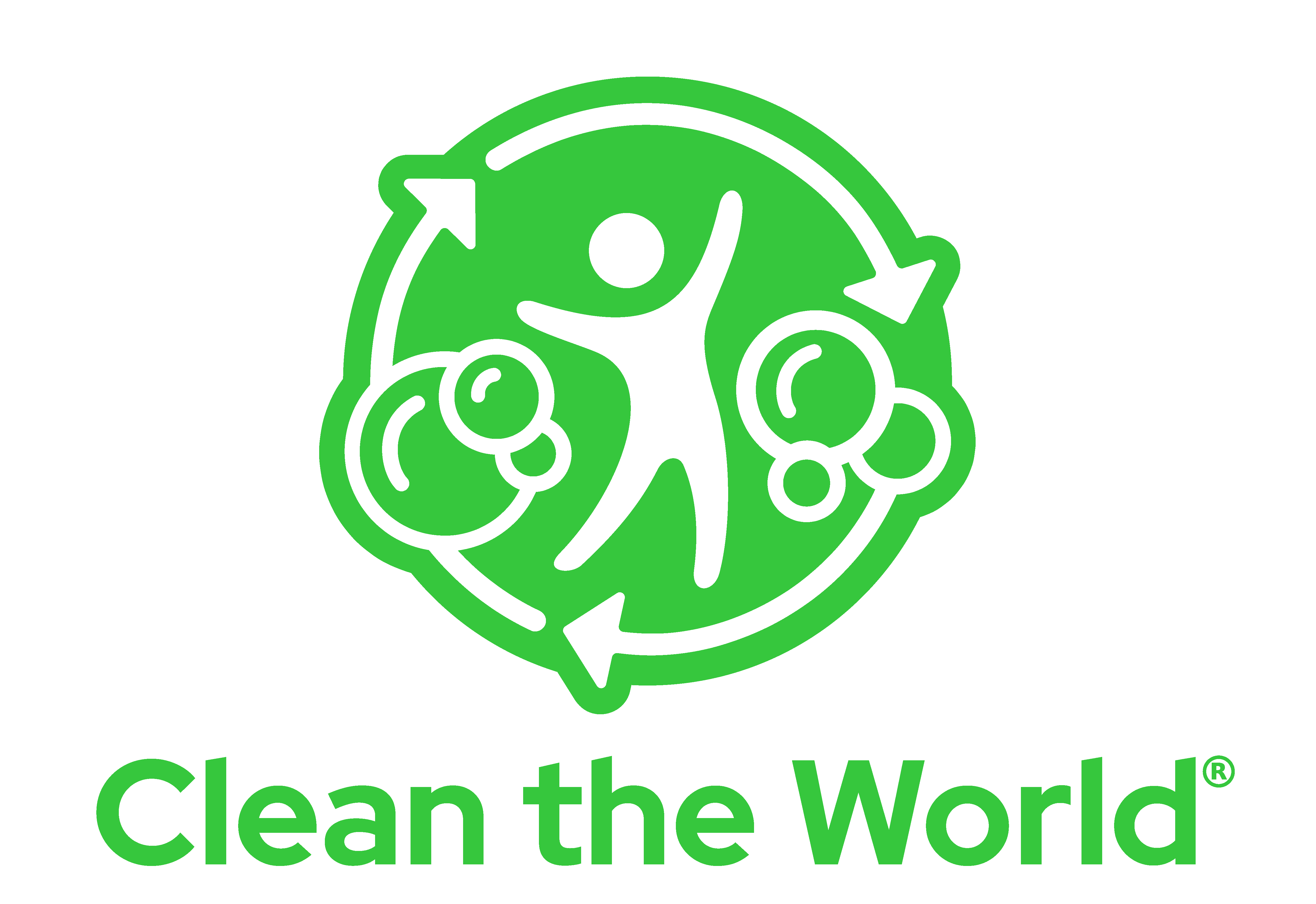
In today’s business landscape, companies are increasingly prioritising Environmental, Social, and Governance (ESG) goals. It’s no surprise when research shows companies who truly value sustainability have a 16% higher employee engagement rate, while 77% of companies say their sustainability initiatives increase customer loyalty.
However, achieving these goals requires more than just corporate commitment; it demands active participation from employees at all levels. By focusing on incentivising employee engagement, transparent communication, and implementing credible methods for calculating ESG contributions based on specific roles, companies can effectively gain much-needed employee commitment to ESG goals.
Incentivising Employee Engagement
Tailored Rewards and Incentives
Incentives tailored to specific industries can motivate employees to participate in ESG initiatives. For instance, in the hospitality sector, incentives such as free night stays or wellness vouchers, further reinforce the importance of sustainability and encourage continued engagement. Equally offering ‘charity days’, where employees can volunteer for a cause of their choice, can significantly enhance engagement. Over in the US, a survey by Deloitte revealed that nearly 90% of employees believe that companies sponsoring volunteer days offer a better working environment.
There is little reason such initiatives would not also succeed across the pond, as such initiatives foster a culture of care and responsibility, aligning personal values with organisational goals.
This is an engagement strategy Clean the World and CTW Events are committed to, hosting events each month designed to boost engagement among employees, between different departments, and with local communities. During ‘Random Acts of Kindness Week’ for example, employees were sent to volunteers at not-for-profits such as Second Harvest Food Bank and A Gift for Teaching, as a way of giving back.
Celebrating Achievements
Creating a company culture that is centred around ESG commitments is vital to ensuring the buy-in of employees from all areas of the company. One way to encourage such a culture is by publicly recognising individual and team achievements. Establishing an “ESG Team Member of the Month” award, highlighted externally on social media and communicated through internal communications, is a great way to publicly celebrate employees who particularly excel.
Transparent Internal Communication
Regular Updates
Adding to the above, regular communication about ESG goals and progress is essential to keep employees aligned and motivated. Over at Clean the world, our monthly Town Halls see our CEO addressing all employees with company updates, along with departmental updates that include shout-outs to employees showing exemplary work. Hosting monthly or quarterly company-wide meetings and providing updates through company-wide emails ensures everyone remains informed and can contribute to achieving these objectives. This transparency fosters a sense of ownership and accountability among employees.
Effective Communication Channels
To further engage employees, an employer needs to listen to them and their concerns or risk the conversation and commitment becoming one-sided. Therefore, facilitating employee feedback and suggestions is vital. Companies should establish designated channels, such as a dedicated sustainability email address to streamline the process and make it as easy as possible for the employees to contribute ideas and insights, promoting a culture of continuous improvement and collaboration. Including this email in ESG-related communications ensures employees have a direct avenue for contributing to the company’s sustainability efforts.
Role-Specific ESG Measurement
Credible Methods of Calculation
Establishing credible methods for calculating ESG contributions based on specific roles ensures that all employees can see how their efforts impact the company’s sustainability goals. For example, in the hospitality industry, housekeeping staff can engage in recycling programmes like Clean the World’s Global Hospitality Recycling Programme, which focuses on diverting hotel rooms’ soap and plastic bottled amenities from landfills and recycling the soap into new bars that are donated to The WASH Foundation. By weighing the amount of amenities collected each month, companies can measure engagement levels and recognise housekeeping teams for their contributions.
Similarly, hotel kitchen staff can weigh total food waste at the end of each shift a big focus of WRAP, climate action NGO in the UK, working around the globe to tackle the causes of the climate crisis and give the planet a sustainable future. This practice helps them understand waste levels and implement initiatives to reduce it. By tailoring ESG measurements to specific roles, companies can create meaningful connections between individual actions and overall sustainability objectives, fostering a stronger commitment to ESG goals.
————
As businesses continue to prioritise ESG, the active involvement of employees will be instrumental in achieving lasting positive impacts on both the organisation and the environment. By adopting these strategies above, companies can create a workplace culture that values sustainability, enhances employee engagement, and drives meaningful progress and ultimately a strong shared commitment to ESG objectives.





